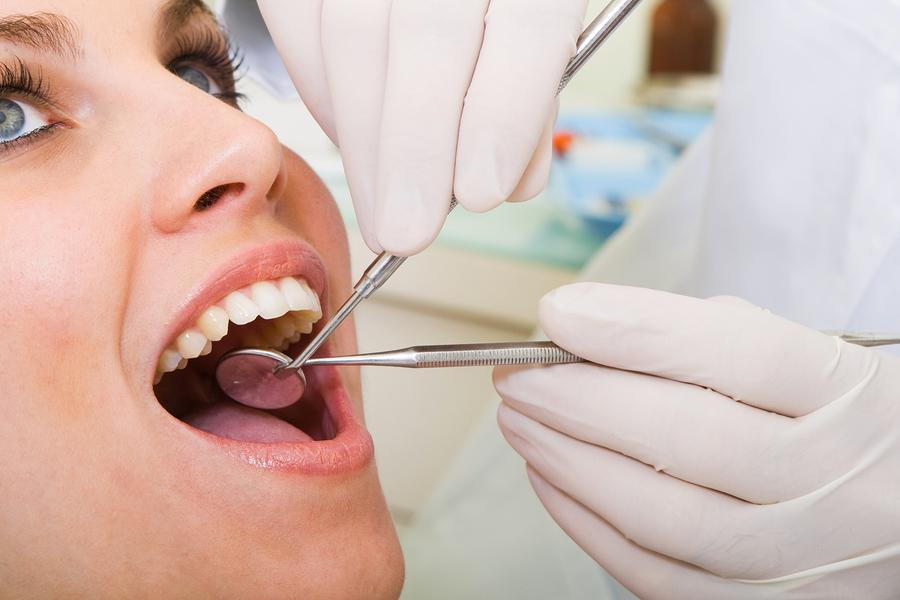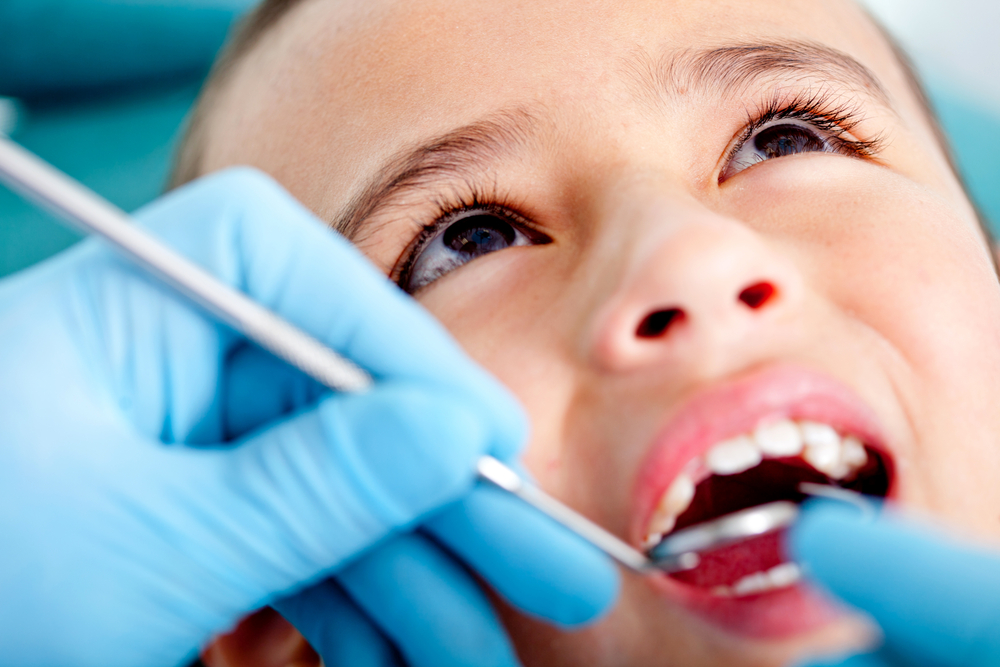Understanding TMJ Disorders: Causes, Symptoms, and Treatment Options
Temporomandibular joint (TMJ) disorders can cause significant discomfort and affect the overall quality of life for individuals. At Puri Dentistry, we recognize the impact of TMJ disorders and are dedicated to providing comprehensive care to alleviate symptoms and improve jaw function. In this blog post, we delve into the world of TMJ disorders, exploring their causes, symptoms, and available treatment options.
-
Understanding the TMJ:
The TMJ is the joint that connects the jawbone to the skull. It allows for the smooth movement of the jaw, facilitating essential functions such as talking, chewing, and yawning. TMJ disorders occur when there are issues with the joint, its surrounding muscles, or the associated structures.
-
Common Causes of TMJ Disorders:
TMJ disorders can stem from various factors, including:
- Jaw misalignment or bite problems
- Excessive teeth grinding or clenching (bruxism)
- Trauma or injury to the jaw
- Arthritis or degenerative joint conditions
- Stress and tension leading to jaw muscle tension
-
Recognizing Symptoms of TMJ Disorders:
TMJ disorders can manifest in a range of symptoms, which may include:
- Jaw pain or tenderness
- Facial pain or discomfort
- Difficulty or discomfort while chewing or speaking
- Clicking, popping, or grating sounds in the jaw joint
- Locking or limited movement of the jaw
- Earaches, headaches, or neck pain
- Tired or sore jaw muscles
-
Diagnosis and Evaluation:
If you suspect you have a TMJ disorder, it is essential to seek professional dental evaluation. Your dentist will perform a comprehensive examination, which may involve assessing your jaw movements, evaluating your bite, and reviewing your medical and dental history. In some cases, additional imaging, such as X-rays or MRI scans, may be necessary to gain a clearer understanding of the joint's condition.
-
Treatment Options for TMJ Disorders:
Treatment for TMJ disorders aims to alleviate pain, improve jaw function, and restore overall oral health. Based on the evaluation, your dentist may recommend one or more of the following treatment options:
-
Lifestyle Modifications: Certain lifestyle changes can help manage TMJ symptoms. These may include stress reduction techniques, practicing relaxation exercises, and adopting a soft food diet to reduce strain on the jaw joint.
-
Medications: Nonsteroidal anti-inflammatory drugs (NSAIDs), muscle relaxants, or pain medications may be prescribed to alleviate pain and reduce inflammation in the jaw joint.
-
Oral Appliances: Custom-made oral appliances, such as splints or nightguards, can be worn to reposition the jaw, alleviate pressure on the joint, and prevent teeth grinding or clenching.
-
Physical Therapy: Jaw exercises and physical therapy techniques can help strengthen the jaw muscles, improve range of motion, and relieve tension in the joint.
-
Bite Adjustments: In cases where bite misalignment contributes to TMJ disorders, orthodontic treatments or dental restorations may be recommended to correct the bite and alleviate symptoms.
-
Surgery: In severe cases where conservative treatments are not effective, surgical intervention may be considered. However, surgery is typically a last resort and reserved for rare cases.
-
-
Self-Care and Home Remedies:
Alongside professional treatment, individuals with TMJ disorders can incorporate self-care practices to manage symptoms. These may include applying moist heat or cold packs to the affected area, practicing gentle jaw stretching exercises, avoiding hard or chewy foods, and maintaining good posture.
Seeking professional dental care is crucial for effectively managing TMJ disorders. At Puri Dentistry, our experienced dental team can evaluate your condition, provide personalized treatment recommendations, and support you on your journey to improved jaw health and overall well-being.
If you're experiencing any symptoms of TMJ disorders, don't hesitate to schedule an appointment and take the first step towards finding relief and restoring optimal jaw function.



